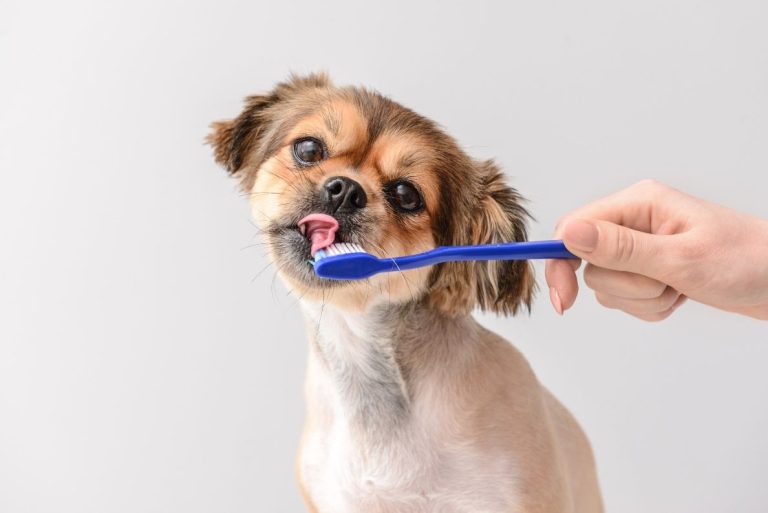
Does My Pet Really Need Their Teeth Cleaned?
Introduction: Dental Care = Health Care. Regular dental cleanings for our pets will help with the overall well-being of our pets. Because our pets will not sit still like a person at the dental office they generally need to be placed under anesthesia to thoroughly clean below the gumline. Continue reading to learn more about dental cleanings and call Coral Reef Animal Hospital at (904) 246-4101 to schedule an appointment for a consultation.
Does my pet really need anesthesia?
Some pets are more tolerant than others, but a thorough dental exam and cleaning is highly unlikely to happen without anesthesia. That is because most of the disease lies below the gum line and is not visible by just looking. Scraping plaque and calculus from the surface of the tooth is just one part of a dental cleaning. Anesthesia also allows us to perform dental radiographs to catch additional disease that may need to be addressed, like tooth breakdown and abscesses that may warrant removal of teeth.
Why is dental care so Important?
Periodontal Disease: As plaque builds on teeth and at the gumline so does bacteria which can lead to inflammation, infection, and even tooth loss if left untreated.
Healthier Pets: Oral bacteria from dental issues can enter the bloodstream and affect vital organs like the heart, liver, and kidneys. Keeping your pet’s teeth clean helps prevent these risks.
Healthier Life: Just like regular checkups, good oral hygiene can lead to a longer, healthier life for your pet by preventing costly and painful dental procedures.
How can I tell if my pet needs their teeth cleaned? These are some of the signs you may be able to see at home.
- Bad breath
- Excessive drooling
- Difficulty eating or chewing
- Red or swollen gums
- Pawing at the mouth or face
- Loss of appetite
- Swelling below the eye (common sign of an abscessed tooth)
If you notice any of these signs, please do not hesitate to schedule your consultation (904) 246 – 4101.
What Happens during a dental consultation and cleaning.
- During the consultation appointment an exam is performed to assess the level of dental disease. We try our best to determine the length of time a cleaning and/or extractions may take based on this exam. But, we can not tell for certain until the patient is fully under anesthesia. Some patients are not amenable to a thorough exam and some disease is not revealed until x-rays are taken. We also listen to the heart and lungs prior to anesthesia.
- Pets are fasted the night prior to a dental cleaning.
- The day of the dental cleaning your pet will have another exam, pre-anesthetic bloodwork, an IV catheter placed, they will be placed under general anesthesia with continuous monitoring. Once under anesthesia they will have a thorough oral exam, dental scaling to remove calculus, polishing of the teeth, dental x-rays, and if necessary, unhealthy teeth will be recommended to be removed.
How can I help my pets teeth at home?
- Regular toothbrushing, if your pet will allow it, is the most important step you can take at home.
- Certain dental chews and rinses can be beneficial, we recommend those with VOHC seal of acceptance on their packaging.
- Veterinary Oral Health Council has many products with their seal of approval that can help in the reduction of plaque accumulation
Sources
- “Pet Dental Care,” American Veterinary Medical Association (AVMA), https://www.avma.org/public/PetCare/Pages/Pet-Dental-Care.aspx, accessed Oct. 11, 2019
- “Toothbrushing and Dental Prophylaxis in Cats and Dogs.” VIN, veterinarypartner.vin.com/default.aspx?pid=19239&catId=254090&id=4951286&ind=101&objTypeID=1007. Accessed 18 Feb. 2025.
- Veterinary Oral Health Council. VOHC: Veterinary Oral Health Council. VOHC, 2025, www.vohc.org. Accessed 19 Feb. 2025.
